Table of Contents
ToggleIntroduction:
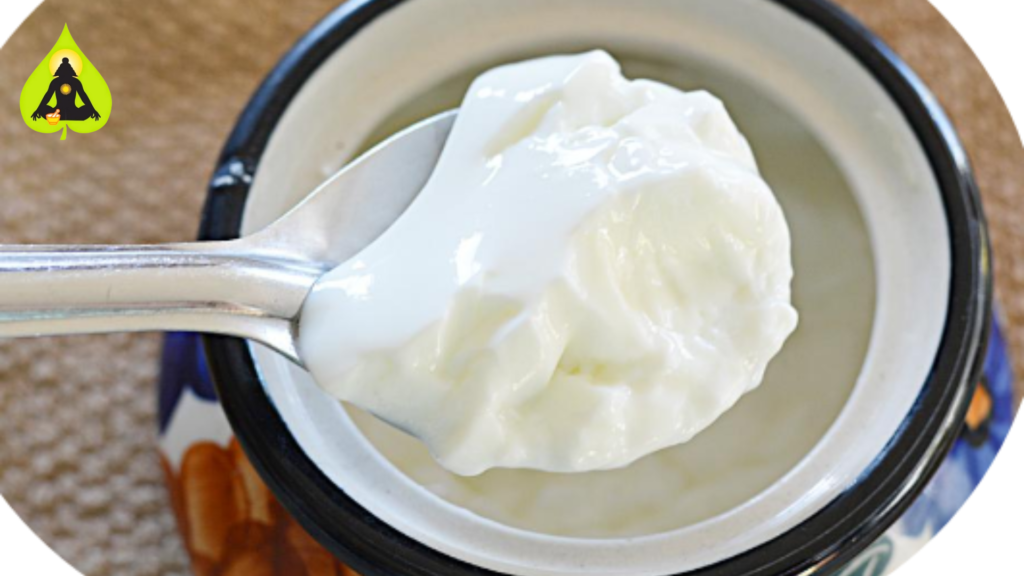
Most people will eat curd by assuming its benefits but does it help all of us?
Curd is a food which has many misconceptions about its properties. These misconceptions are faded continuously by Western medicine practitioners, allopaths & modern trained nutritionists who have not had access to the way Ayurved has researched and analyzed the properties of curd.
Traditionally, before the British came to India, Indians were not eating too much of curd as it was not easily available to them. What we did have easy access to? It was ghee (clarified butter), and buttermilk at that time. We had no easy access to the creamy thick curd that we have today, as we did not have a refrigerator at that time in India. One of the biggest misconceptions people have is that curd is very healthy to eat as it is probiotic and a good source of protein.
Properties of Curd:
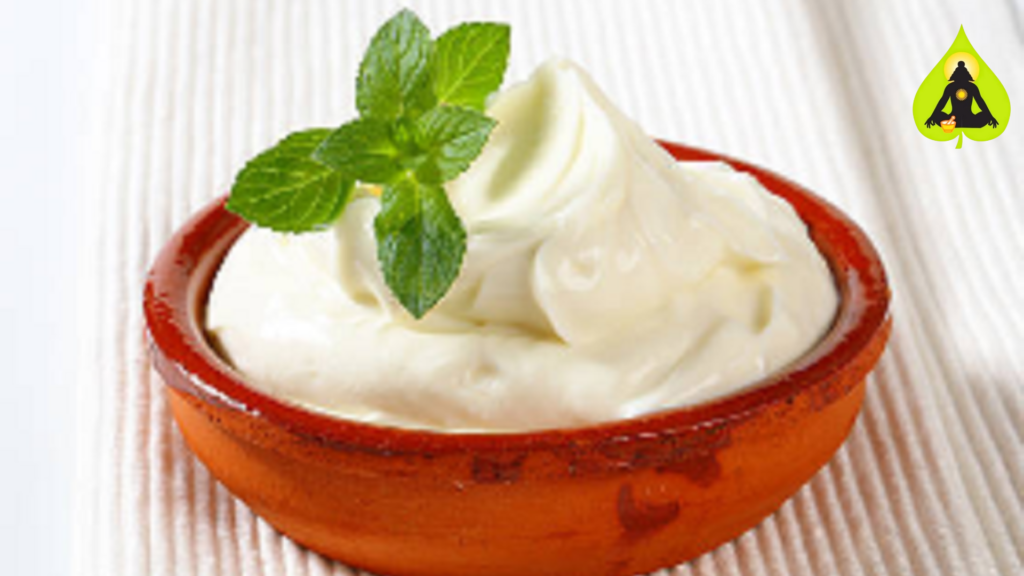
Many people are consuming curd by considering it cool in its properties, however, in real, curd is hot.
However, Today I am going to share with you some ignored but very important facts about having curd.
Ayurved has some different and very important factors to consider. What are the complete ayurvedic properties of Curd?
- Ayurved says that dadhi (Curd) is described as having ushna veerya (hot potency), amla (sour) in rasa (taste) and amla (sour) vipaka (post-digestive taste).
- It is guru (heavy) to digest, increases medas (fat/lipids/obesity) in the body, and aggravates pitta and kapha dosha when eaten in excess/wrong times/wrong way.
Who does curd benefit?
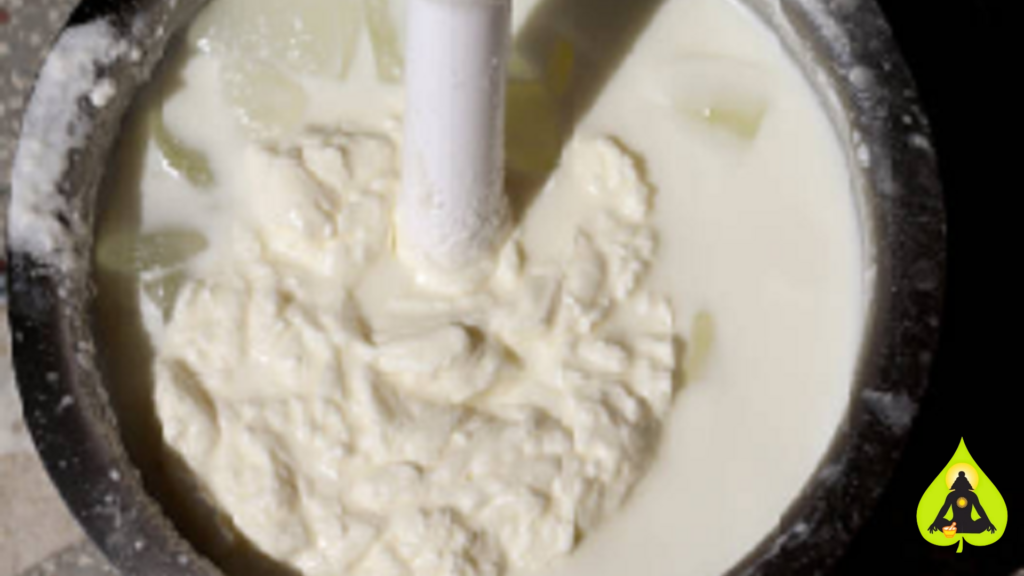
- For those who are suffering from anorexia, it increases the taste of perception.
- People who would like to increase their weight, one can consume in moderation and with guidlines.
- Those who are suffering from intermittent fevers, nasal catarrh and painful micturition, it is helpful.
- It can be given in dysentery or grahani (mal-absorption syndrome) after removing cream as it is Grahi (constipating) in nature.
Who should not have curd in their diet? Or who should avoid it?
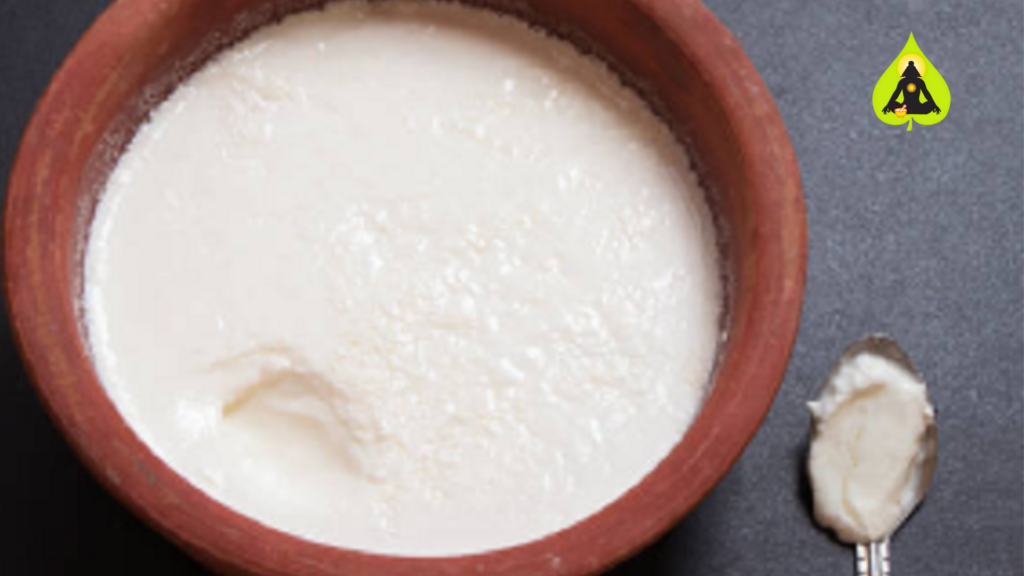
- Pitta’s dominant body (who has excess heat in their body) should avoid taking curd regularly.
- Please avoid curd if you have inflammatory conditions like acne, PCOS, PCOD, osteoarthritis, or rheumatoid arthritis.
- Avoid curd if you have hair greying or hair thinning.
- If you are overweight or obese, then curd should be avoided.
- If you have a weak digestive fire, and get coughs and colds frequently, then the curd is not recommended for you.
- Curd should be avoided in constipation or if you have the problem of hard stool.
- If you are detected with pre-diabetes, avoid curd consumption.
- According to Ayurved, it is one of the factors to increase your chances of having pre-diabetes or diabetes or high blood sugar levels. So existing diabetic people should avoid taking curd in their diet.
Some other ayurvedic facts about curd:
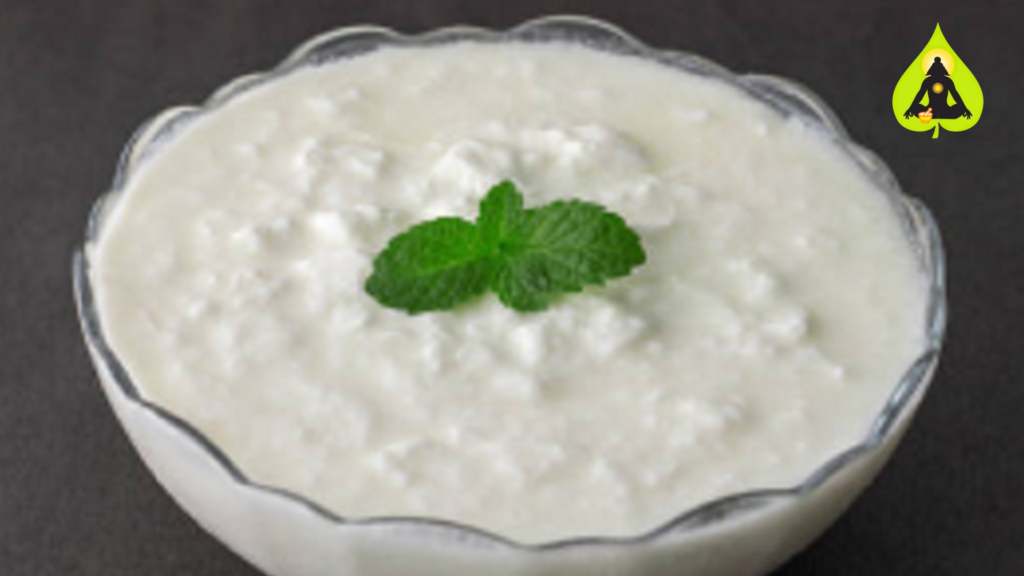
- We should not eat curd during nighttime.
- We should not heat curd or should not be consumed with other hot food.
- Chicken should not be taken or cooked along with curd as it becomes incompatible food in nature.
- Curds should not be used in seasons like Vasant (spring), Grishma (summer) and Sharad (autumn).
- In case after knowing the above facts, if you are willing to eat curd then you must eat curd with adding green gram or honey or ghee (clarified butter) or Amalaki (Indian gooseberry) or sugar candy.
- Curds yet to be prepared (Half fermented curd) should not be taken.
- One should take the above precautions while consuming curd. Otherwise, side effects like fever, haemorrhage, herpes skin disease, giddiness, anaemia, and etc. may happen.
Conclusion:
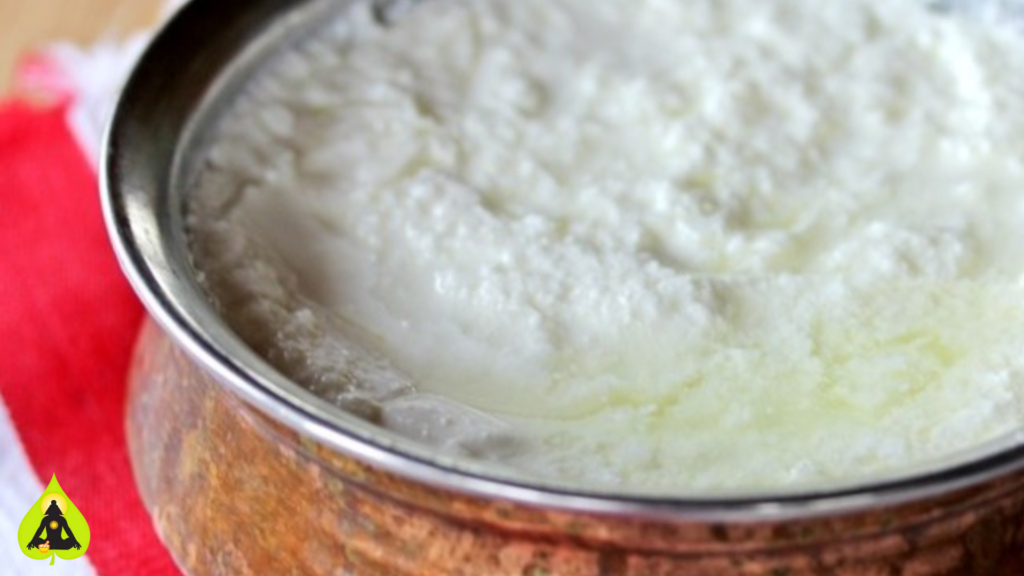
I hope after knowing these facts, you all will reconsider consuming curd. Instead of curd, one can have Ghee (Clarified butter) & buttermilk.
DISCLAIMER: The information provided on this article is for general knowledge purposes only and should not be considered as professional advice. Always consult professional help for any health issues. We always try to keep our blogs & its content updated but cannot guarantee it. The content published on this blog is our own creative work protected under copyright law.

Pingback: Grishma Rutucharya (Summer Regimen): Best 4 Ayurvedic Approaches To Beat The Heat. - Aarogya Rahasya
Very good information…Improved my knowledge
Thanks
Very Informative
Thanks
Good information with nice tips
Thanks